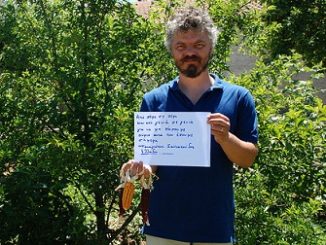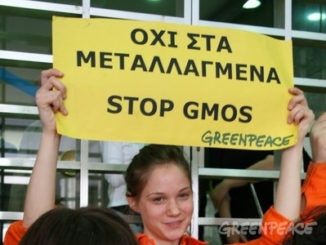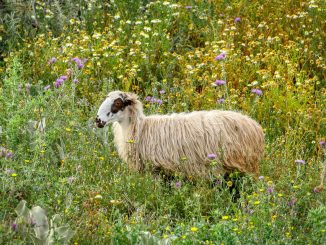
Can a severe economic crisis, such as that being experienced in Greece right now, turn out to be a blessing in disguise? While the mainstream media continue to report on the ongoing political negotiations, depicting a rather bleak image for the future, very few are talking about concrete solutions.
Solutions cannot be abstract and theoretical and will not be found in the main headlines, but with a bit of investigation and the help of an internet search, one can discover interesting stories which provide hope and examples of the small steps that can be taken to rebuild a demolished Greece.
Take for instance, a story published in the New York Times in January regarding a young greek couple in their 30s, poorly paid and tired of living in Athens, who decided to move back to their native island of Chios to start a new life cultivating edible snails for export. They are not the only ones. More and more young people, hit hard by the rising unemployment levels, have returned to their family land and embarked on agricultural practices.
According to a report published last year by PASEGES (the Farmer’s Cooperatives Assocciation), between 2008 and 2010 there was an increase in agricultural employment in Greece. More than 30,000 people returned to farmland. New data, coming this time from OPEKEPE – the greek payment authority of CAP Aid Schemes, suggests this trend is continuing: Of the 3,092 applications for land submitted before the end of January 2012, 35% came from unemployed people, while only 8% concerned active farmers.
Could the economic crisis become an opportunity for the rebirth of the agriculture sector? Intrestingly, there is a lot of information being circulated on the local level regarding traditional and innovative cultivations such as pomegranate, blueberries, snails, hippophaes and other aromatic plants that greek farmers can export.
As far as the organic sector is concerned, the economic crisis has definitely influenced the domestic consumption of organic products. Exports of organic products have also increased by 5-6% compared to last year according to the Organic Certification Body – DIO.
It is not that the agricultural sector has not been affected by the crisis. Another report from PASEGES shows that farmers’ income has dropped by 13.5%, while the cost of production has risen, especially for animal farming. However the agricultural sector is one of the sectors that can give hope to many people finding it hard to live in big cities.
This natural tendency requires concrete political support in order to help rural Greece develop in a sustainable and innovative way that can benefit farmers, consumers and the greek landscape.





